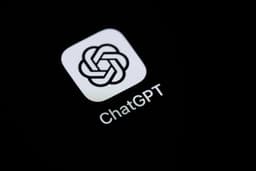Home / Technology / AI's Clock Blindness: Why ChatGPT Ignores Time
AI's Clock Blindness: Why ChatGPT Ignores Time
27 Nov, 2025
Summary
- ChatGPT struggles to accurately tell time, often providing incorrect or evasive answers.
- This limitation stems from its design, which prioritizes training data over real-time information.
- While solvable via internet search, it raises concerns about AI reliability and limitations.

Generative AI models, including ChatGPT, exhibit a curious inability to reliably tell time. This limitation arises from their fundamental design, which relies on vast training data rather than real-time system clocks. Unlike conventional computers, these models process information based on past patterns, making temporal awareness a significant challenge.
While ChatGPT can be prompted to access the internet or system time through specific features, its default state is one of temporal indifference. This can lead to confusing or inaccurate responses, as the AI predicts answers rather than retrieving live data. Experts note that continuously feeding time updates into the AI's limited context window could also introduce noise and degrade performance.
The inability to grasp time raises broader questions about the practical limitations of advanced AI. Users may encounter unreliability when time is a critical factor, and the AI's tendency to predict rather than state facts can obscure its limitations. Ongoing improvements aim to enhance its temporal consistency, but the core challenge remains a testament to the distinct nature of AI processing.




